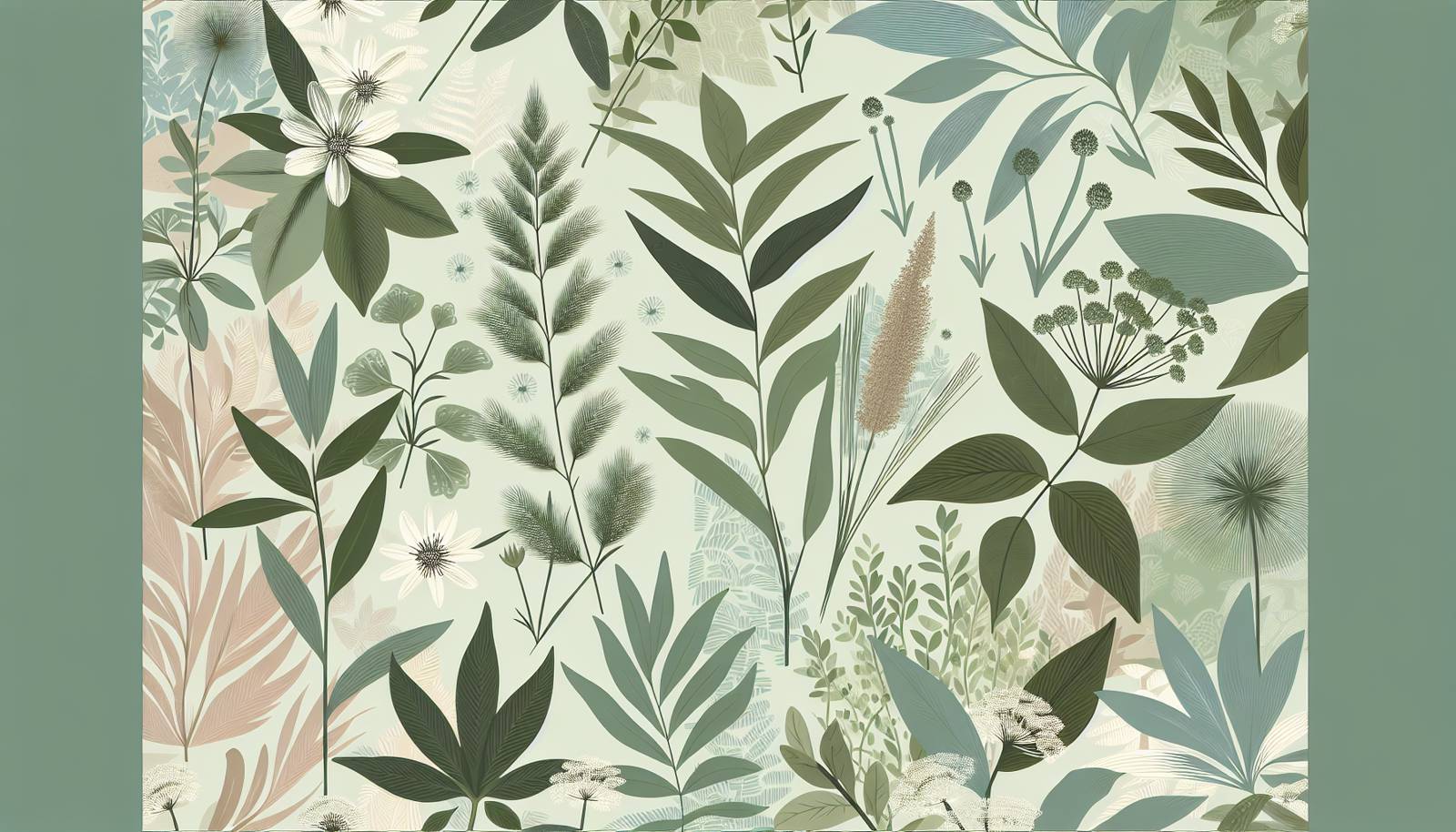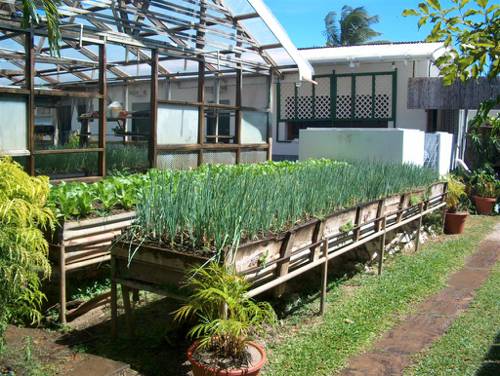
FAQ About Indoor Medicinal Herb Gardens

What are the best medicinal herbs to grow indoors?
Some of the best medicinal herbs to grow indoors include Aloe Vera, known for its soothing gel for burns; Lavender, which can aid in relaxation and sleep; Mint, which is useful for digestive issues; Basil and Thyme, both of which have antibacterial properties; and Chamomile, often used for its calming effects.

What kind of soil is ideal for an indoor medicinal herb garden?
An indoor medicinal herb garden requires well-draining soil to prevent water stagnation, which can lead to root rot. A good mix would be a commercial potting soil combined with sand or perlite to enhance drainage. Adding some organic compost can also provide necessary nutrients.

How much light do indoor medicinal herbs need?
Most medicinal herbs need a minimum of 6-8 hours of light per day. A south-facing window often provides adequate sunlight, but if natural light is insufficient, consider using grow lights. LED grow lights are efficient and can be adjusted with timers to meet the plant's light requirements.

How often should I water my indoor medicinal herbs?
Watering frequency depends on the herb and environmental conditions, but generally, wait until the top inch of soil is dry before watering. Overwatering can lead to root rot, so ensure pots have proper drainage.

Can indoor medicinal herbs be grown from seeds, or is it better to use cuttings?
Both methods can be successful. Growing from seeds allows for a broader selection of herbs, but might take longer to mature. Cuttings can give you a head start and ensure the plant's properties, especially in herbs like mint and rosemary, remain consistent with the parent plant.

How can I control pests in my indoor herb garden?
To manage pests, regularly check your herbs for signs of infestation such as holes in leaves or webbing. Use organic solutions like neem oil or insecticidal soap. Keeping plants dust-free and healthy also helps prevent pest problems.

What temperature is ideal for indoor medicinal herbs?
Most medicinal herbs thrive in temperatures ranging from 60°F to 70°F (15°C to 21°C). It's important to avoid cold drafts and heat sources like radiators to prevent temperature extremes that can stress the plants.

Can I use regular garden soil for my indoor medicinal herb garden?
Regular garden soil is typically not suitable for indoor plants as it may not drain well and could introduce pests or diseases. Opt for a commercial potting mix that's light and designed for container gardening indoors.

How do I ensure good air circulation for my indoor medicinal herbs?
Good air circulation can be achieved by ensuring a gap between plants and keeping them away from walls. Use a small fan for gentle air movement, which helps prevent fungal diseases and encourages healthy growth.

Are there specific containers recommended for growing indoor medicinal herbs?
Choose containers that have adequate drainage holes to prevent waterlogging. Options include terra cotta pots, which are breathable, or plastic pots, which retain moisture better, depending on your watering habits. Select a size appropriate for the herb's root system to avoid frequent repotting.

How do I harvest and store medicinal herbs from my indoor garden?
To harvest, use sharp scissors to snip the herbs' leaves or stems. Harvest sparingly to allow continuous growth. Herbs can be air-dried or stored in moisture and air-tight containers. Some herbs like mint and parsley also freeze well.

Can I grow medicinal herbs indoors all year round?
Yes, with the right conditions, you can grow medicinal herbs indoors all year. Ensure sufficient light, stable temperatures, and proper watering, and your herbs can thrive regardless of outdoor weather conditions.

How do I prepare and fertilize the soil for an indoor medicinal herb garden?
Enrich the soil with organic matter such as compost or worm castings before planting. Use a balanced liquid fertilizer every 4-6 weeks during the growing season to maintain nutrient levels. Avoid over-fertilizing as it can lead to an excess of leafy growth over potent medicinal compounds.

Which medicinal herbs have the easiest care requirements for beginners?
Some beginner-friendly medicinal herbs include Aloe Vera, Mint, and Basil. These herbs are hardy, adapt well to indoor environments, and require minimal care beyond basic watering and adequate sunlight.

What are common problems when growing medicinal herbs indoors and how to fix them?
Common issues include yellowing leaves due to overwatering or insufficient light, and pests like aphids. Solve these by adjusting your watering schedule, improving light exposure, and using organic pest-repellent methods such as neem oil.

Can medicinal herbs grown indoors be used directly for consumption or topical use?
Yes, medicinal herbs grown indoors can be used directly, provided they are clean and free from pesticides. Always do a test when using topically to check for allergies, and properly prepare them for culinary uses to ensure safety and effectiveness.

How do I increase humidity for my indoor medicinal herbs if the air is too dry?
Increase humidity by misting the plants regularly, using a humidity tray with water and pebbles, or placing a humidifier nearby. Grouping plants together can also naturally raise the humidity level through transpiration.

What is the benefit of growing medicinal herbs indoors compared to outdoors?
Growing herbs indoors provides control over the growing environment, protecting them from harsh weather and pests. You can enjoy year-round cultivation and immediate access to fresh herbs for culinary and medicinal uses.

Do I need to prune my indoor medicinal herbs, and how often?
Pruning helps maintain shape, encourages bushier growth, and prevents legginess. Regularly trim dead or excess foliage. Most herbs benefit from pinching back new growth to promote a fuller appearance.

What safety precautions should I consider when using medicinal herbs from my indoor garden?
Ensure proper identification before use, as some herbs can be toxic if misidentified. Consult with a healthcare provider before using herbs in medicinal capacities, especially if you are pregnant, nursing, or taking other medications. Always use herbs in recommended amounts.
